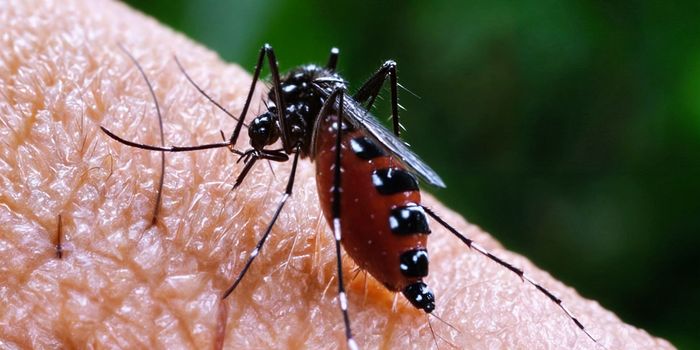Reduced Immune Response with COVID-19 Vaccination in Obesity
Although the 2019 Coronavirus (COVID-19) pandemic is widely considered to be over, there is still a need to continue patient treatment and research on this disease. COVID-19 vaccines were produced much faster than other vaccines, and the approval to use these vaccines on humans in clinical trials occurred at an unprecedented speed. Researchers and healthcare professionals do not know the long-term effects of these vaccines, and further research is needed to understand all of the risks. A group at the Medical Research Council (MRC), University of Cambridge, led by Dr. James E.D. Thaventhiran, set out to determine the effects of immunity in COVID-19 vaccinated patients.
Obesity (Body mass index (BMI) > 30 kg/m2) is a critical risk factor for COVID-19. According to World Obesity, severe obesity (BMI > 40 kg/m2) contributes to a 90% higher risk of death. The increased risk is because obesity is associated with various diseases that independently increase patient risk to severe COVID-19. Fortunately, vaccines reduce the risk of getting COVID-19. COVID-19 vaccines generate antibodies, or proteins, in your body to target the spike (S) protein in severe acute respiratory syndrome coronavirus 2 (SARS-CoV-2). The S protein is responsible for the virus binding to healthy cells in the body, making it necessary to inhibit the S protein to reduce further infection. However, the vaccine's immunological effect loses potency in 6-9 months. Therefore, it is necessary to get booster shots, which many institutions worldwide encourage.
Individuals with obesity already have an impaired immune system due to weight-related illnesses. The relationship between obesity and the vaccine is not well known. The unclear relationship is a critical gap in understanding the vaccine's effects on obese individuals and whether it is safe or not. The group previously found that vaccinated severely obese individuals had a 76% higher risk of death or hospitalization using the Early Pandemic Evaluation and Enhanced Surveillance of COVID-19 (EAVE II). Longitudinal studies have been conducted to determine COVID-19 vaccine effects in patients, but not patients with obesity.
Thaventhiran and colleagues published findings on a longitudinal study they conducted with obese individuals compared to normal BMI individuals. The study included 28 severely obese individuals and 41 normal BMI individuals, which acted as the control group. Six months after the second vaccine dose, individuals with severe obesity were reported to have unquantifiable antibodies from the vaccine compared to normal BMI individuals. Further binding sites where the S protein could infect the host cell were analyzed and found to be significantly reduced in individuals with severe obesity. Interestingly, when individuals were boosted a third time with a COVID-19 vaccine, the antibody levels were increased. However, those levels declined much faster in obese individuals. Thaventhiran and colleagues showed that COVID-19 vaccine induction of antibodies rapidly decreases in individuals with severe obesity.
The data reported by the Cambridge group established the long-term effects of COVID-19 vaccination on the immune system. The data is critical to understand the biology behind why COVID-19 vaccines do worse in individuals with severe obesity and how to improve vaccines. Finally, this study demonstrates the power of personalized medicine. A severely obese individual might require frequent vaccine boosts to control susceptibility to COVID-19 infection. The study will help further research on COVID-19 vaccinations and how to treat patients better.
Findings, Obesity, World Obesity, James E.D. Thaventhiran, EAVE II, MRC, University of Cambridge








